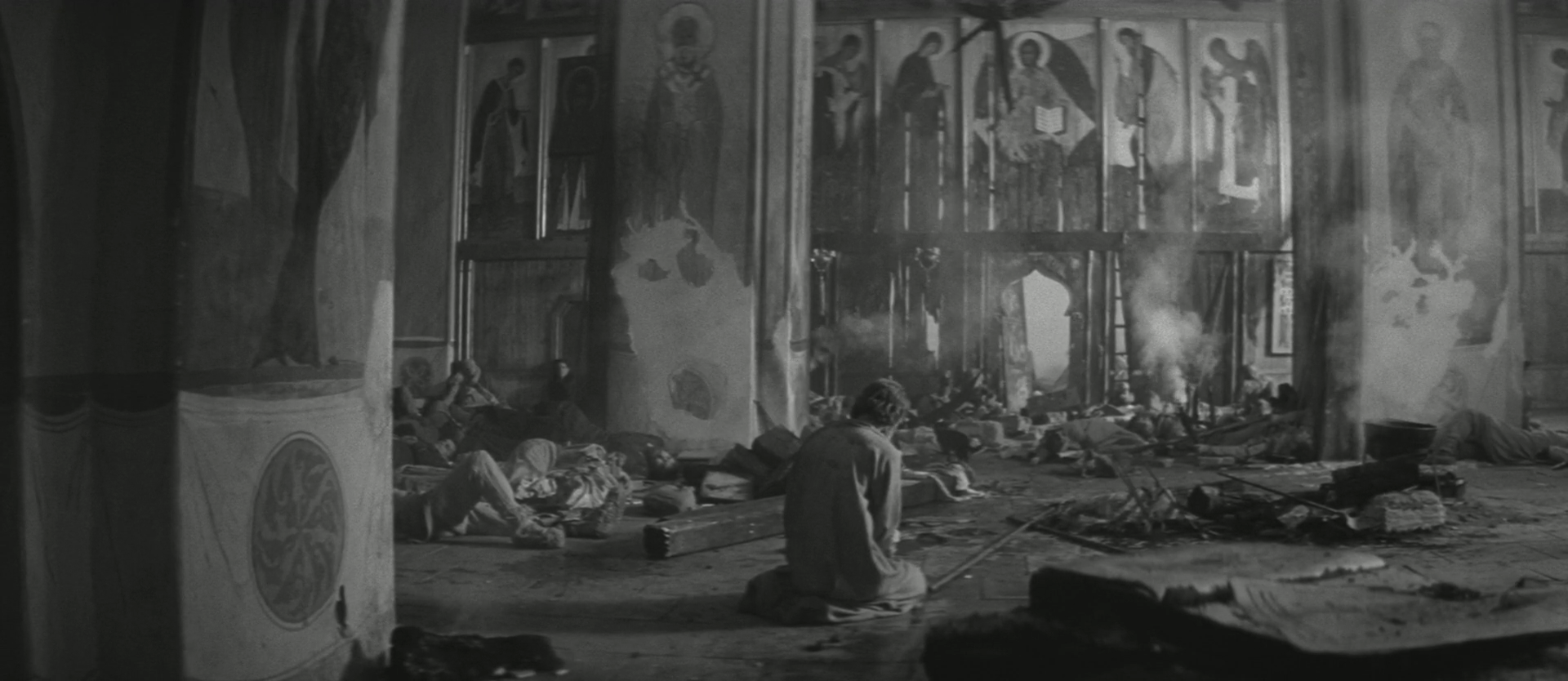Mandy was awesome. Normally i hate wannabe arty slow horror movies, but this was cool, and had a great vibe. Amazing score, and the last hour of crazy Cage was terrific. If they just trimmed the beginning by 10-15 mins it would be perfect
Sigh's posts brought me here, but while I'm here, I thought I should provide an update: I finally got to see Dunkirk and I loved it. I didn't love it the way I love Inception, but I still loved it. Nolan's always been a phenomenal filmmaker, but Dunkirk is craftsmanship on an almost Kubrickian OMG-everything-is-fucking-amazing level. The only thing that held it back IMO is the way that it basically unfolds like a documentary with fancier editing. Granted, that was what Nolan intended, but I think that's a stupid intention. I want more from a film than just, "Look at this." Why did Nolan want me to watch that movie? To know what happened? That's what Wikipedia is for. There wasn't any actual thematic investment, which left a rather hollowed-out cinematic experience. Still, though, a hollowed-out experience with a Nolan film is better than 99.9999999999% of what other people are offering these days, so I'm not complaining.
I truly hated it. Bored me to no end.
Lots of win in this post that I somehow missed. That is a bad ass episode, but nothing - in
Hannibal or in anything else for that matter - touches the Season 2 finale. That's the greatest thing that's ever been on TV. What kind of progress have you made since this post? Are you already done with all three seasons?
And Mads is absolutely the definitive Hannibal. Hopkins is great, but Mads is beastly. Plus, he gets the time to really flesh the character out (no pun intended

) and he does a superb job.
Im on episode 3 of season3. So far i dont really feel the same juice like I did from the last season. Maybe it's the bad italian actor cop
I tried to watch it but I barely made it 20 minutes. I can deal with movies being about religion or having religion in them, but I can't actually tolerate a religious movie, let alone a three-hour one, and Silence is religious in a way and to a degree that I just can't stomach.
How i felt:
"Is there any aspect of religion that appears appealing based on this film? The Christian Japanese come off so deluded, and lacking in any understanding that it's hard not to view them as more brainwashed than people who achieve a spiritual connection. I get that it's the 1600s, and they are uneducated farmers, and the movie ends up commenting on their confusion towards the end, but it's hard to sympathize when it's so clear that they dont understand just what theyre suffering for.
The movie is repetitive, and is a tough sit until Garfield gets moved to the prison in the town. It felt like a cycle of the same scenes. Christians? Torture, ask for forgiveness. Christians? Torture, ask for forgiveness etc. I was getting bored.
That is until the last act which is great, and saves the movie. Neeson gives the best performance in the entire film, and his matter of fact way of explaining his frustration was excellent.
While the sequence of God talking to Garfield is well done, I dont know if I like it thematically. Can someone come to terms with their ego, and faith, if they literally get the ok from God? If it's not literal, the inclusion undermines his own choice. I think the movie and the character would be better served without it, and have him find a revelation through a different means.
I wouldnt expect tech issues in a Scorsese film, but there are some terrible sound moments, especially when mokichi is crucified in the water."
Overall i wasnt impressed. It's just ok.
@Mariah Larry







